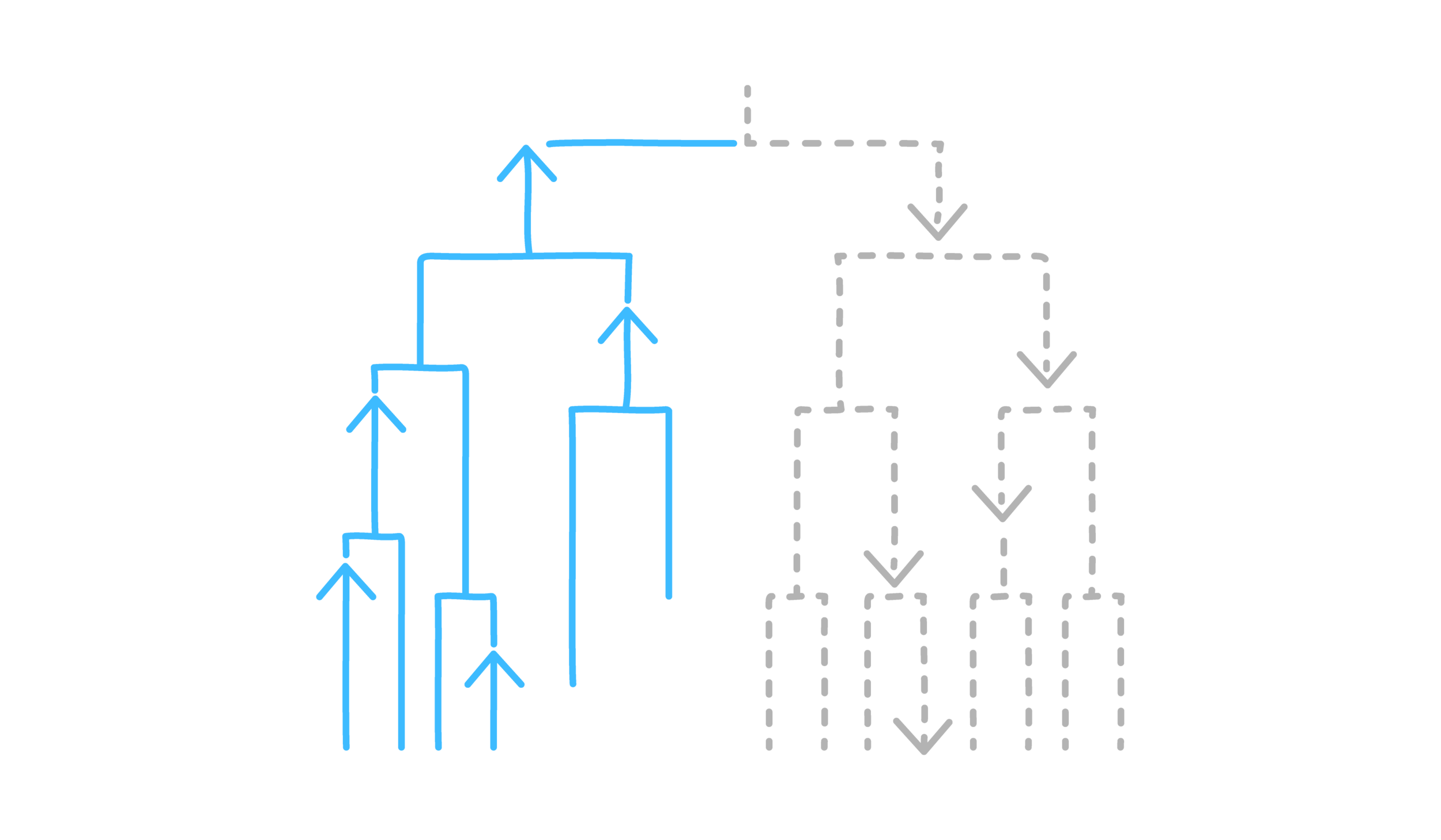Organizational development (OD) and leadership development (LD) are mostly discussed as different disciplines that have distinct sets of frameworks, tools, and practices. Understanding their relationship and commonalities can inform approaches to aligning or even integrating OD and LD when managers, consultants, and business partners work to boost organizational performance.
Definitions of leadership and organizational development: conceptual commonalities and overlaps
Let’s start with definitions of both organizational development and leadership development. In a previous blog post, we defined organizational development as follows:
“Organization development builds the human and systemic capabilities, practices, and behaviors that make organizations effective. It seeks to strengthen the informal organization beyond the organizational structure or the specifics of the organization design. It is concerned with the performativity of actual organizational processes and how they promote or impede formal business processes.”
In the Management Kits approach to leadership development, we have previously argued that
“leadership development is as much about the organization as it is about developing the capabilities of individual leaders” and that “leadership ‘happens’ and is developed in the interplay between the individual and the organization”.
The second definition in particular is in contrast to an understanding of leadership and leadership development that focuses too exclusively on the personality, behaviors, or skills of individual leaders, and not on the social interactions and the relationships between leaders and followers. We have argued before that different understandings of leadership obviously have consequences for how you go about developing leadership.
The practical differences between organizational development and leadership development
While the understanding of organizational development and leadership development that has informed the design work on Management Kits has never been too far apart, there is no denying that, in practice, there are some notable and typical differences between the fields, which may be more or less pronounced in any given organization.
-
Where leadership development and organization development are focused: organization development is focused on the organization as a system. Leadership development, in contrast, is focused on (select) individual actors in that system and their leadership practices.
-
Who gets in touch with leadership development and organization development interventions: leadership development is mostly focused on select populations, namely emerging, current, or senior leaders in the organization (leaders in the sense of people who hold formal leadership positions). Organizational development, on the other hand, focuses on select parts of the organization, such as divisions or teams, and is often not restricted to specific organizational layers.
-
When leadership development and organization development are deployed in relation to organizational change: organization development is often focused on current or recent change, that is supported by organization development in the context of change management programs; leadership development, on the other hand, is deployed to build leaders that can steer organizations through future change.
Furthermore, these disciplines differ in their direct neighboring disciplines. Whereas organizational development has more direct interfaces with organization design and organizational structuring, leadership development has more direct connections with talent management, human resource development, and broader learning and development functions.
In general, these differences carry less weight if organizational development and leadership development are led by the same team, e.g. by HR or by an organizational transformation function.
Why and how to align or integrate leadership development programs and organizational development programs
There are many good reasons why leadership development and organizational development should at least be aligned. The most basic reason is that both are essentially concerned with the same thing, namely organizational performance.
Another reason relates to new forms of organizing, such as agile organizing, self-management, and decentralized organization designs. One of the common denominators of many of those innovative approaches towards organizing is a fundamentally different approach towards formal leadership positions. In many models, there is no formal, single team leader, or boss, or the role is interpreted differently. Practicing leadership is designed as a collaborative task (or put differently, it must be a collaborative task in any setting in order to be productive).
In such contexts, the lines between organizational development and leadership development necessarily blur and become a kind of organizational leadership development.
But the case can also be made in more traditional hierarchical organizational structures that organizational development and leadership development should be aligned in a joint framework, if not approached in an integrated fashion.
Here are two practical ideas of how the two related disciplines can be integrated by HR leaders and transformation consultants.
-
First, for example, organizational development concepts and techniques could be integrated into leadership development program frameworks and curricula. Emerging and current leaders can be familiarized with organizational development interventions, enabling them, for example, to develop their teams and foster shared leadership.
-
Second, don’t limit leadership development plans to formal leaders or select high potential talents. In line with an understanding of leadership that emphasizes relational dimensions of leadership, leadership happens whenever someone has followership, which is of course, in principle, independent of formal roles. While there will always be practical and resource related considerations, a leadership development format that is open to the whole organization directly becomes a means of organizational development.



